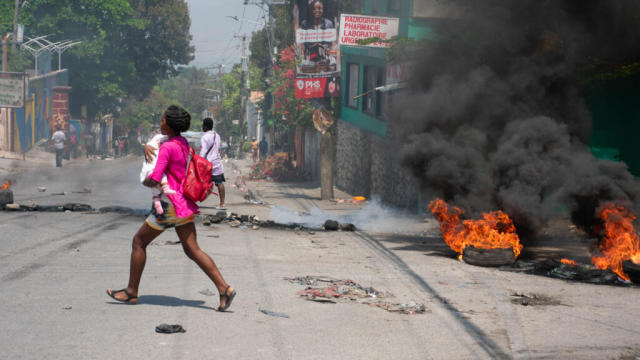PORT-AU-PRINCE, (Reuters) – Haiti’s government today issued a decree formalizing the creation of a nine-member transitional presidential council, a long-delayed move that is intended as the first step in bringing security to the crisis-wracked country.
The decree was published in Haiti’s official gazette and names the nine political parties or social sectors who will be represented on the council, including two non-voting observers. However, it stopped short of naming the actual members of the council and it was unclear when those names will be released.
A month ago, amid growing gang violence in capital Port-au-Prince, unelected Prime Minister Ariel Henry said he would step down pending the installation of his replacement, set to be appointed by this council – which was initially expected to be brought in within a couple of days.
Today’s decree, issued in Haiti’s Le Moniteur gazette, calls for the council to “participate, in agreement with the prime minister, in the formation of an inclusive ministers’ cabinet.”
It also sets out rules that would bar people from joining the council, such as being subject to a criminal suit.
The plan for the transition council was agreed with the mediation of the Caribbean Community (CARICOM) ahead of Henry’s announcement that he would step down.
The nine groups named by CARICOM and in today’s decree have all put forward council candidates, but their nominations have not been formally announced despite frequent pledges that such an announcement was near.
The decree states the council must “rapidly” choose a new prime minister, without giving a set timeframe.
Close to 95,000 people have fled the capital’s metropolitan area in the last month as armed gangs have cemented their control. Haitians are lacking basic goods as key ports remain closed, while the outgoing government remains absent.









